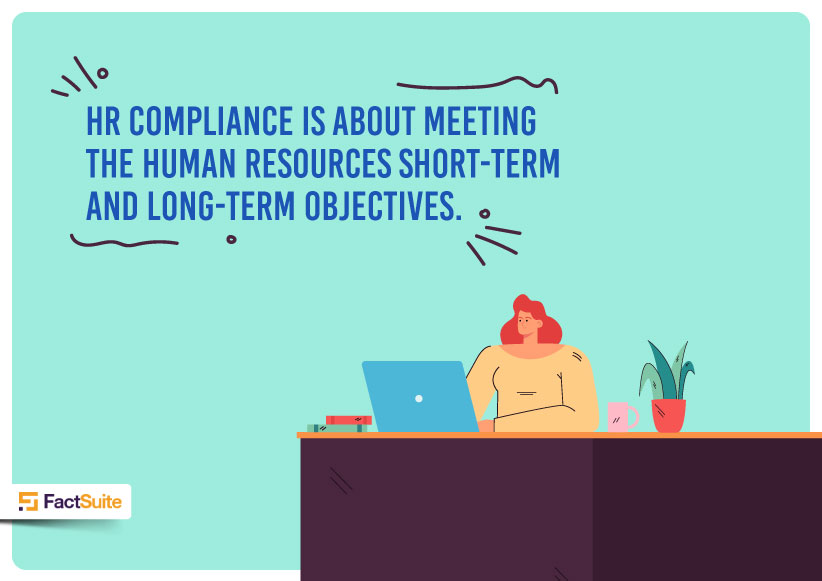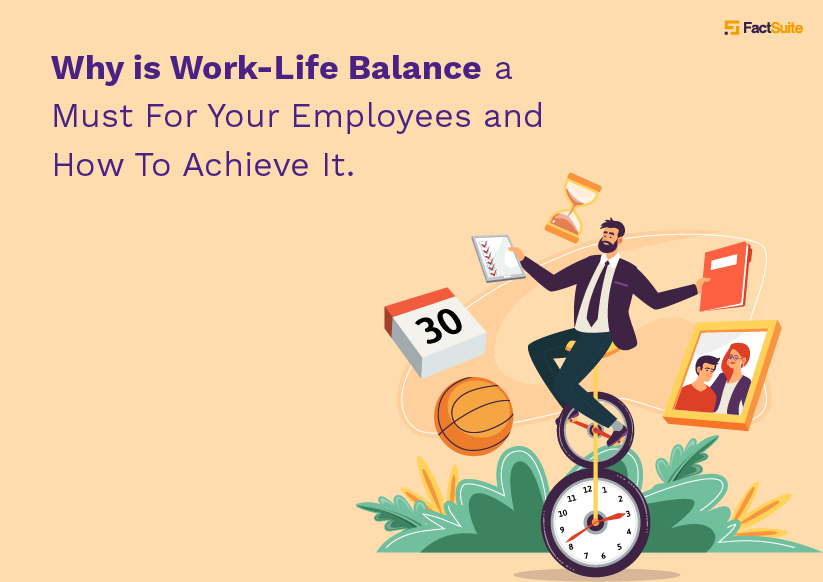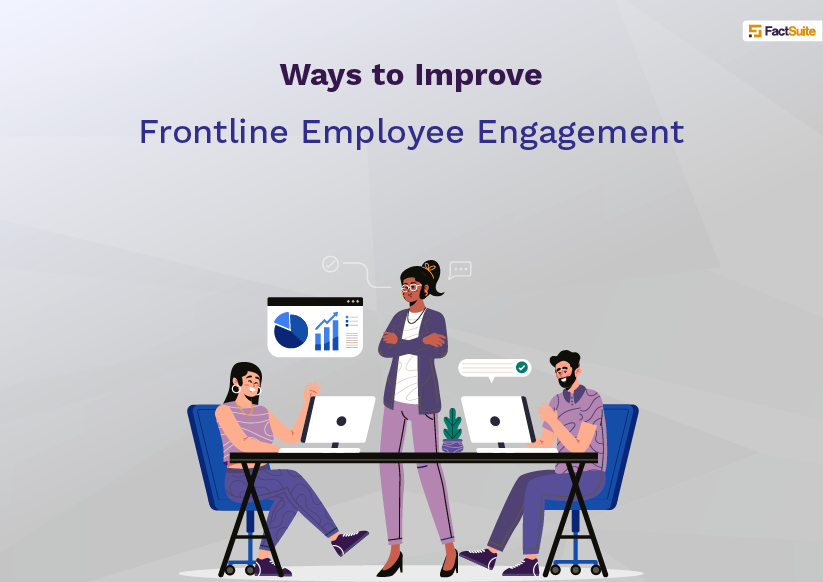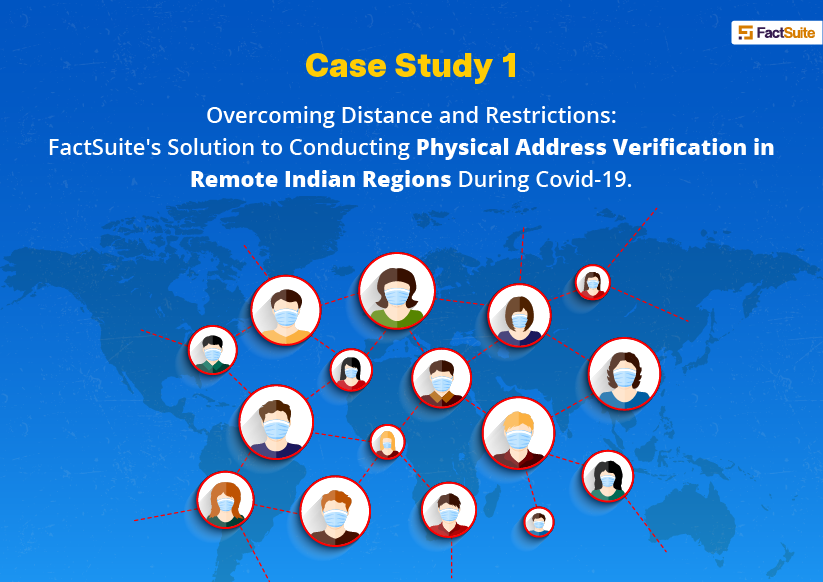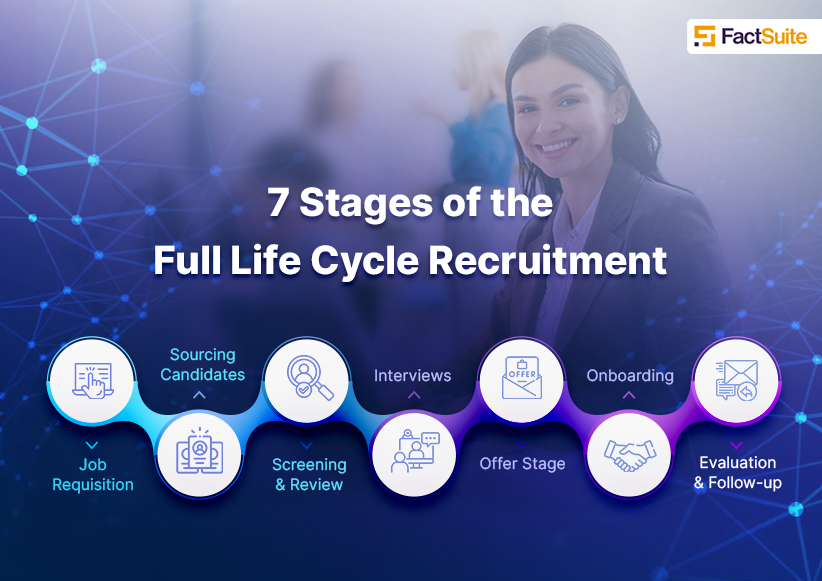Salary Negotiations Tactics that Work

Only 39% of job seekers “try” to negotiate salaries. Women negotiate lesser than men. Younger job seekers – those in the age group of 18 to 34 years – negotiate more than the older job seekers. A large number of jobseekers fear salary negotiations, even though it’s just a conversation, not a fight.
Negotiation skills - Do you have them?
Negotiation is a key skill that helps employees emerge successfully in many situations, both professional and personal. However, it is seldom a skill that one gives the attention that it deserves. Some are naturally good negotiators; some might need to learn the skill. Here are a few things to keep in mind:
- Be prepared for every negotiation.
- Be a good listener. That way you can control the conversation with your questions.
- Research shows that words communicate only 7% of the information we subconsciously receive. 38% percent of the information comes from the tone of the voice. 55% of the information is visual. To process this amount of visual and tonal signals coming from the other side is critical in negotiations.
- Control your emotions so that you do not stray away from your point of negotiation.
- Be decisive. Effective negotiators are able to make decisions quickly to be able to move the negotiation forward.
- Learn from every negotiation you make.
Negotiating salary? Tactics and tips.
The above are general negotiation skills. But how does one tactfully negotiate the salary when closing a new job deal with the HR or the recruiter? Let’s try to understand the nuances of salary negotiation first.
Katherine McGinn professor of business administration at Harvard Business School emphasizes that no matter what, a job seeker must always negotiate. The reason: employers set salaries based on what they currently pay employees in the same position. Moreover, some employers have a strict budget or pay what the competitors pay for the same job role. A jobseeker may need to ask for more and make them understand why they should pay more.
But aren’t jobs more than just the salaries? Negotiating the non-tangible benefits of a job is important too. These could include growth opportunities within the organization, interesting assignments, working with senior teams, business travel and learning opportunities within the organization, among others.
Practice these tactics and tips to negotiate your salary:
Be precise about your ask
Research reveals that job seekers who propose a precise number for the salary are more likely to be offered an amount close to their ask compared to those who propose an ambiguous or rounded-up number or a bracket. (Example: Rs 60,000 instead of Rs 55,500 or Between Rs 45000 and Rs 60000) Why? Because a precise number suggests that the job seeker had put in time and effort to come to a figure that matches his/her value. Moreover proposing a bracket would make the recruiter think that the job seeker is willing to take the lesser amount.
Know your value and help the negotiator understand it
Help the HR or recruiter understand your value and why you’re worth it. Being objective may help here. Have your past performance data ready to be shared, have your accomplishments at your fingertips and let the other person know how you used your capabilities in different kind of roles. When the other person understands your value and what you would bring to the organization, getting your desired salary becomes much easier.
Your likability matters
Something that you say during the interview or negotiation could come across as rude, greed or insensitive, leading the other person to not like you. Likability is about maneuvering difficult conversations and being persistent to put across a point without seeming annoying. The good part: likability can be learned. Key behaviors of a likable person are making eye contact, smiling and speaking in varying tones of voice when conveying warmth or excitement.
Set the meeting for a Thursday or a Friday
It may seem surprising and stupid, but it’s proven by research. Thursdays and Fridays are better days for negotiations. Psychology Today reveals that people show more dominant behaviors at the beginning of the week because they are in a mindset to get things done. However, they ease out by the end of the week, become more flexible and accommodating.
Be prepared for different outcomes
The recruiter might not be able to offer all that you asked for, hence be prepared for all kinds of outcomes from your negotiation. A little lesser than what you asked for, exactly what you asked for, more or some variations in the perks and benefits – be open to considering and exploring all outcomes. You do not have to accept the offer if you do not want to. And that brings us to the next point.
Let the HR know that they can have you
A number of job seekers go to negotiation meetings with offers and numbers that other recruiters are offering them. Although that might help some, it could even backfire. Your recruiter wants to feel like they can have you and that you’re not going to decline their offer at the end of the day. After all why would they want to spend time and effort in negotiating with you if they get a feeling that you’re going to go to another company?
Stalling can help a great deal
Do not say yes to an offer that is close to what you asked. Take your time to think it over. Let the negotiator know that you need some time to think. The chances are that the negotiation might hike up the offer at that time. You could even come back to the negotiator and help them understand why you deserve more than that offer. Be firm, but be kind, too. This is also a way of letting them know that you’re a good negotiator, which is a skill that not many people have.
Make it seem like you’re not negotiating a salary
Being stuck to a certain number and unwillingness to budge from that might come across as greed. It may even make the negotiator feel that you’re in for the job only for the money and nothing else. Make the negotiation about everything else and the salary.
Sometimes you might have to meet them halfway
Let’s face the truth. No one wants to lose. Everyone wants to win. Always! The same goes for salary negotiations. Make sure that the other person’s interests are also taken care of. For example, a recruiter might be willing to offer you your proposed salary but in turn, expects you to take on another responsibility. Give it a thought. If the added responsibility isn’t much of an ask, take it. Here’s a video that helps understand how a firm ‘no’ could be turned around to a win-win situation.
So now that you have several tips for negotiating your next salary, are you going to practice these?






